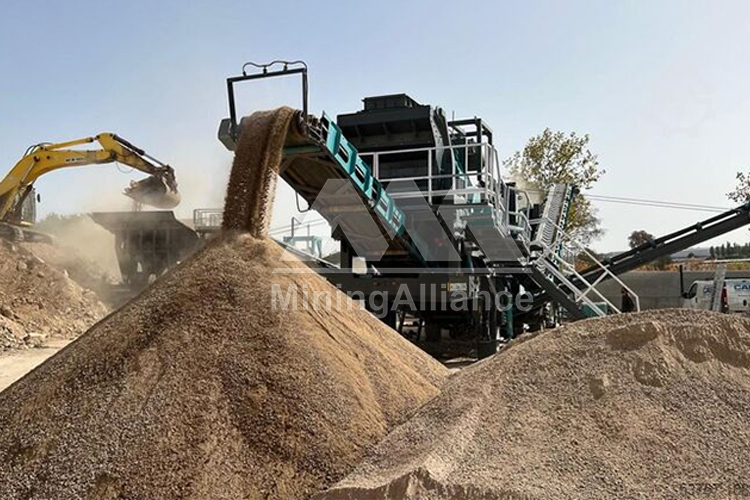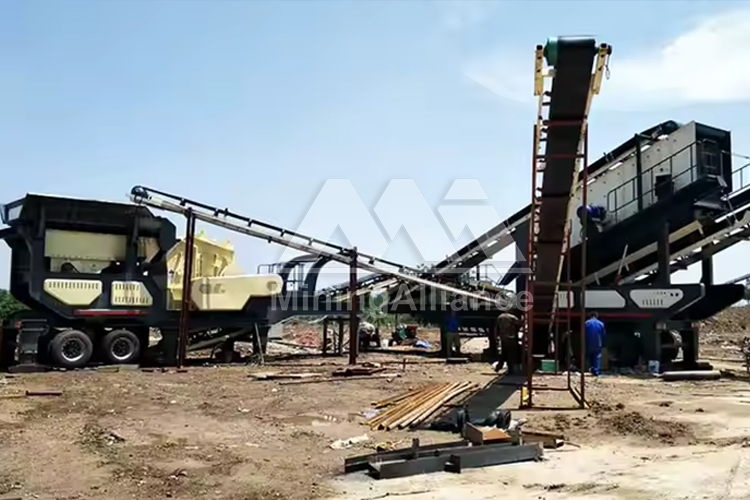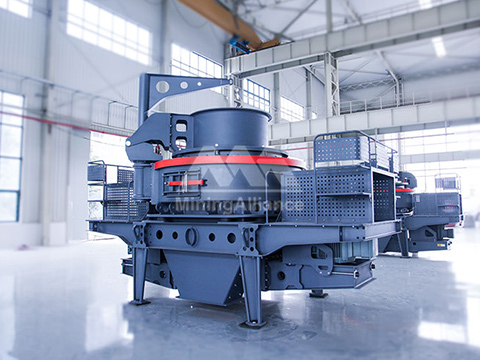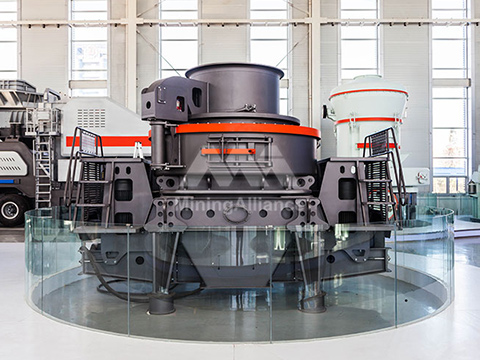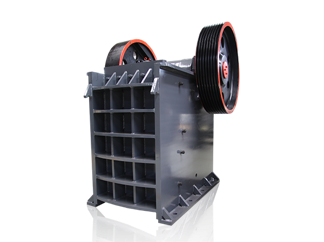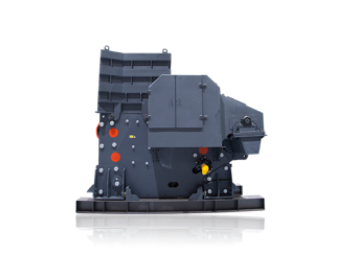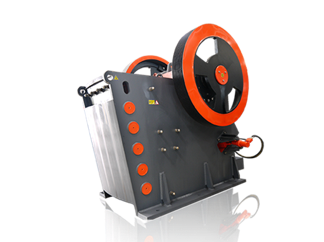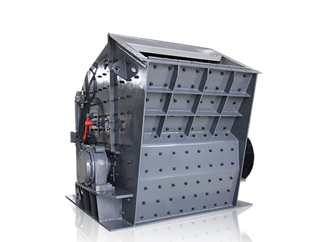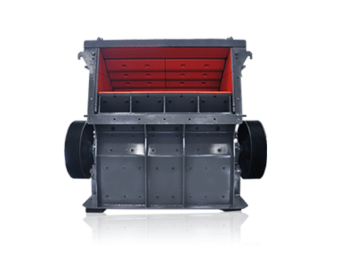Vibrating screen plays a crucial role in various industries, including mining, construction, and recycling. They are used to separate and classify materials based on their size and shape. However, maximizing the efficiency of vibrating screen is essential to optimize their performance and productivity. This article explores several strategies and techniques to increase the efficiency of vibrating screen.
In this article, we will provide a comprehensive guide to the BYD Ocean Series electric cars, covering their features, specifications, benefits, and limitations.

1.Regular Maintenance and Inspection
Performing regular maintenance and inspections on vibrating screens is vital to ensure their optimal functioning. This includes checking for worn-out components, loose connections, and proper lubrication. By addressing these issues promptly, the screen's efficiency can be maintained or improved.
2.Proper Screen Selection
Choosing the right vibrating screen for specific applications is crucial. Factors such as material characteristics, desired capacity, and screening efficiency should be considered. Opt for screens with appropriate mesh size and screening surface to match the particle size distribution of the material being processed. This reduces the risk of blockages and increases overall efficiency.
3.Optimal Feed Arrangement
Proper feeding is key to maximizing the efficiency of vibrating screens. Uniform and consistent material distribution across the screen surface prevents uneven loading, which can result in reduced efficiency. Employ techniques such as feeders, chutes, and distribution gates to ensure a steady and evenly distributed feed.
4.Adjusting Screen Parameters
Fine-tuning the operational parameters of the vibrating screen can significantly impact its efficiency. This includes adjusting the amplitude, frequency, and angle of inclination. Increasing the amplitude can improve the screening efficiency for larger-sized particles, while reducing it can enhance the efficiency for finer particles. Experimentation and regular monitoring of the screening process can help determine the optimal settings.
5.Optimize Screening Media
Choosing the appropriate screening media is crucial for improving efficiency. Consider factors like wear resistance, open area, and material type when selecting screen panels or wire mesh. Properly maintaining and replacing worn-out screening media can prevent blinding and improve overall screening efficiency.
6.Reduce Downtime
Minimizing downtime is essential for maximizing the efficiency of vibrating screens. Implement proactive measures such as routine inspections, timely repairs, and having spare parts readily available. Additionally, consider implementing condition monitoring systems and predictive maintenance techniques to anticipate and address potential issues before they result in unexpected downtime.
7.Utilize Screening Accessories
Utilizing screening accessories can enhance the efficiency of vibrating screens. Accessories such as anti-blinding devices, deck cleaning fixtures, and screen tensioning systems help maintain proper screen performance. These accessories prevent clogging, improve material flow, and ensure consistent screening efficiency.
Increasing the efficiency of vibrating screen is crucial for enhancing productivity and achieving optimal results in various industries. By implementing strategies such as regular maintenance, proper screen selection, optimizing screen parameters, and utilizing screening accessories, the efficiency of vibrating screens can be significantly improved. It is essential to continuously monitor and evaluate the screening process to identify opportunities for further optimization. By focusing on efficiency enhancement, industries can benefit from improved material separation, increased throughput, and reduced operational costs.

